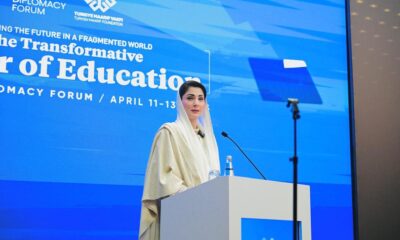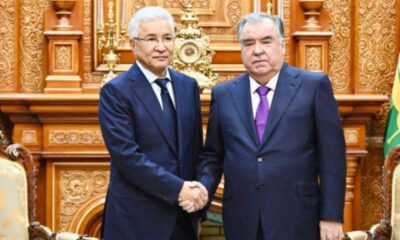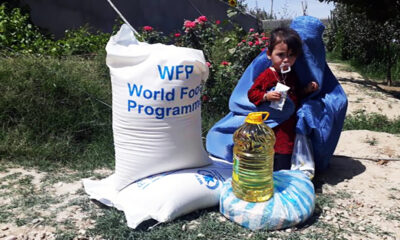Latest News
Audit fails to win U.S. backing for release of Afghan central-bank funds
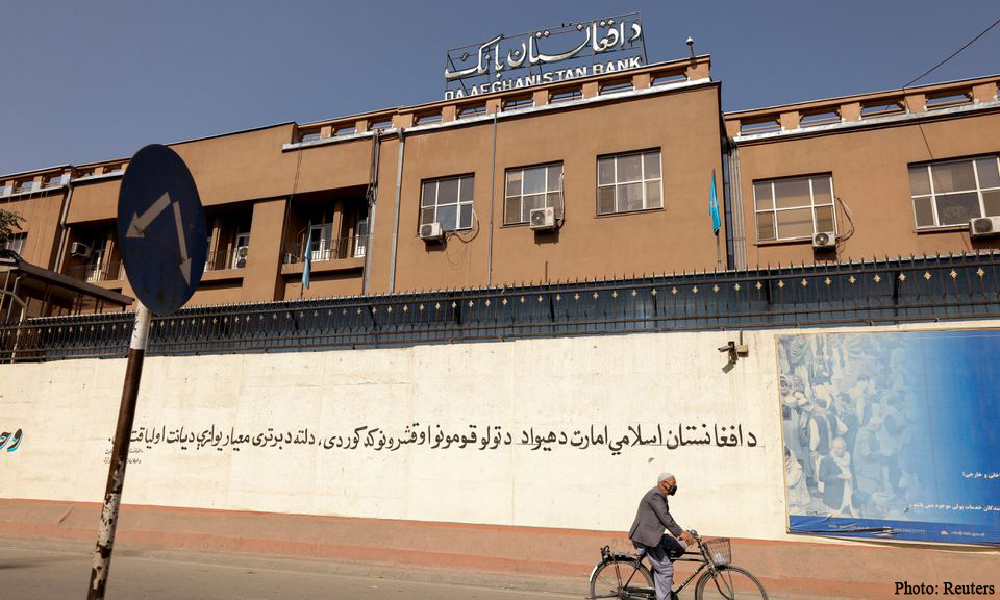
A U.S. funded audit of Afghanistan’s Islamic Emirate-run central bank has failed to win Washington’s backing for a return of bank assets from a $3.5 billion Swiss-based trust fund, said two U.S. officials and a former U.S. official, a move that would help ease the country’s financial crisis, Reuters reported.
The audit has not changed the U.S. Treasury’s view that the bank must make reforms before the department will support disbursements from the Afghan Fund to Da Afghanistan Bank (DAB), said a U.S. Treasury official on condition of anonymity.
The Swiss-based Afghan Fund was set up last year with half of about $7 billion in central bank funds that were frozen in the Federal Reserve Bank of New York in August 2021 after IEA took control of the country as the last foreign forces withdrew following two decades of war.
DAB must show that it is free “from political influence and interference,” said the Treasury official, referring to the need for professional bankers to replace the three IEA officials who oversee the bank and are under U.S. and U.N. sanctions.
It also must prove that it has “adequate” controls against money-laundering and terrorism financing and install a “reputable” independent monitor, said the Treasury official.
“Our assessment of DAB remains unchanged,” said one of the U.S. officials. Reuters quoted the two officials and the former U.S. official, who has knowledge of the U.S. position, spoke on condition of anonymity because of the confidentiality of the matter.
The IEA administration spokesman and a spokesperson for the Afghan central bank did not respond to request for comment.
Concerns in Washington and other capitals about the bank’s leadership and anti-money laundering safeguards are at the heart of a standoff over the IEA’s demand for the return of DAB cash frozen in the United States and other countries after the Islamic Emirate return.
Because the four-member board that oversees the trust fund must approve disbursements unanimously, the support of its U.S. government representative is essential.
Afghanistan remains mired in grave humanitarian and economic crises that some experts say has been worsened by U.S. restrictions hampering DAB’s ability to perform key central bank functions, such as ensuring stable exchange rates and prices, read the report.
The audit, funded by the U.S. Agency for International Development (USAID) and conducted by an outside contractor, examined DAB’s controls against money laundering and terrorism financing, and its banking oversight and payments departments, according to an April report by the U.S. Special Inspector General for Afghanistan Reconstruction (SIGAR).
The findings have not been made public, Reuters reported.
Calling the audit, a “preliminary assessment,” the Treasury official said its “limitations” suggested that “more comprehensive third-party assessment efforts may be needed.”
Shah Mehrabi, an Afghan-American economics professor who is on DAB’s governing board and co-chairs the Afghan Fund board, said the audit – which he has not seen – was completed in March and currently is with the State Department.
The State Department declined to comment.
Mehrabi and his co-chair, Anwar ul-Haq Ahady, a former DAB governor and former finance minister, told Reuters that they would consider the findings once they are available.
Mehrabi said use of the Afghan Fund’s assets should focus on stabilizing prices and ensuring banks had enough liquidity, as the entire financial system was at risk from declining foreign donor funds to Afghanistan.
The other $3.5 billion in DAB assets frozen in US is being sought in lawsuits against the IEA brought by families of victims of the Sept. 11, 2001, attacks on the United States. A U.S. judge in February ruled against the plaintiffs who are appealing.
Latest News
Pakistani PM urges IEA to rein in terrorist groups
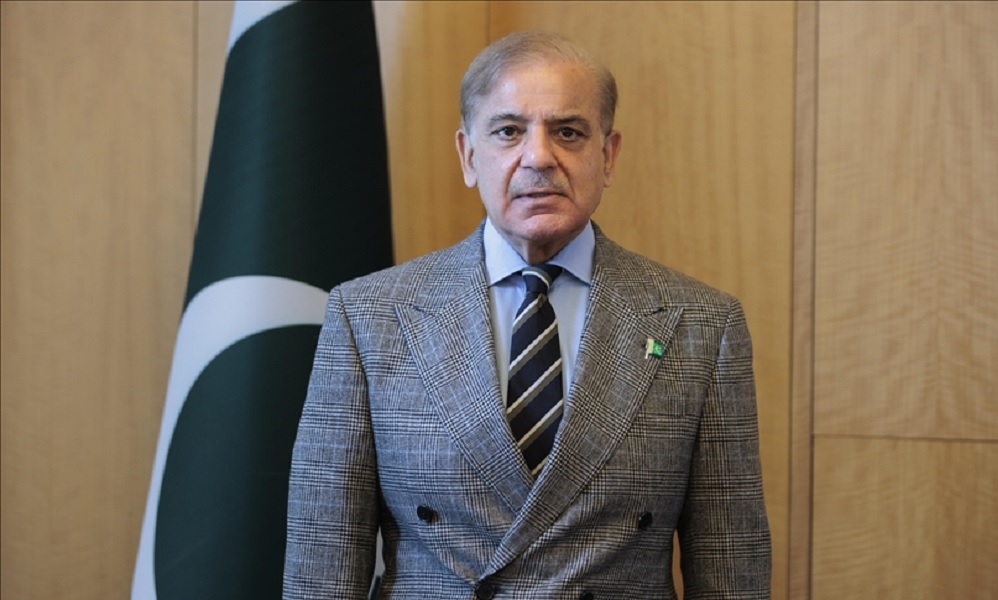
Pakistan’s Prime Minister Shehbaz Sharif has said that it’s a sad reality that the soil of neighbouring Afghanistan is being used for terrorist attacks inside Pakistan.
“Afghanistan is our brotherly country and the two countries are neighbours by nature. We have to live as good neighbours. It’s up to us how we live cordially and in a friendly way. We have asked the Afghan interim government several times that the Afghan soil should not be used as per the Doha agreement against Pakistan and its interests,” Shehbaz told the media during his visit to London, Geo News reported on Sunday.
“Sadly, terror groups such as Tehreek-e-Taliban (TTP) and other terror groups are operating from Afghanistan. They have killed innocent people inside Pakistan. These sacrifices of Pakistanis will not go in vain. My advice to Afghanistan is to rein in these terrorist groups.”
Pakistani officials have repeatedly claimed that Afghan soil is being used in attacks against Pakistan.
The Islamic Emirate, however, has denied the allegations, saying Afghanistan is not responsible for Pakistan’s “security failure”.
Latest News
Pakistan’s Punjab CM calls for ‘human response’ to Afghan girls’ education ban
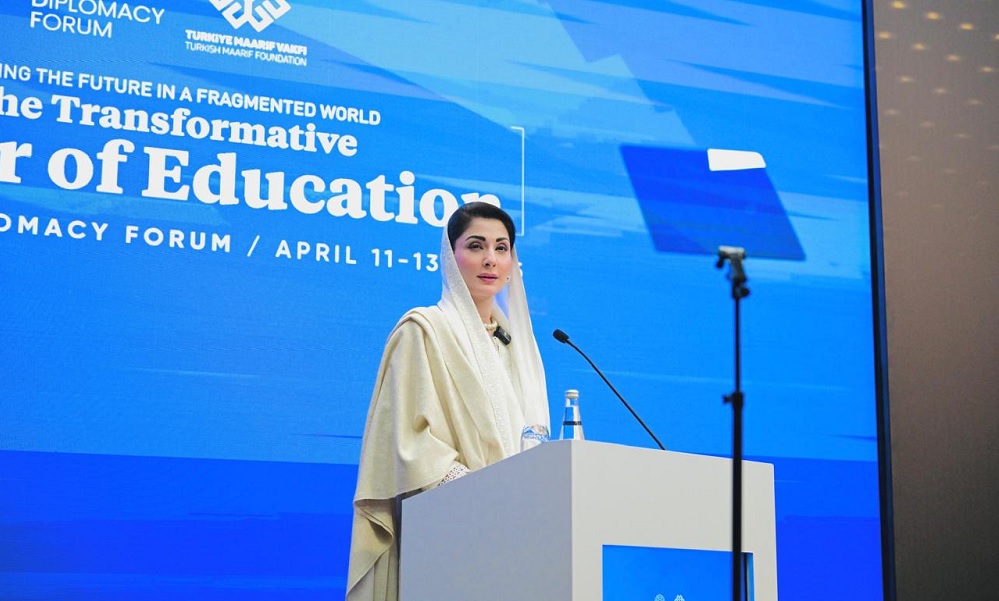
Maryam Nawaz, the chief minister of Pakistan’s Punjab province, on Saturday expressed regret over the educational restrictions on girls in Afghanistan, calling on the international community to address the issue.
Speaking at the Antalya Diplomacy Forum in Turkey, Maryam stressed that no society progresses without investing in the welfare of women and children.
“Innocent children lie under the rubble in Palestine. Girls in Afghanistan are denied access to schools. The children of Kashmir are victims of oppression. In Sudan, they walk miles for food. These are not isolated issues—they demand collective human response,” she said.
The Islamic Emirate has suspended education of girls beyond sixth grade.
This policy has been widely criticised internationally.
Latest News
IEA Supreme Leader defends public executions, says its as ‘part of Islam’
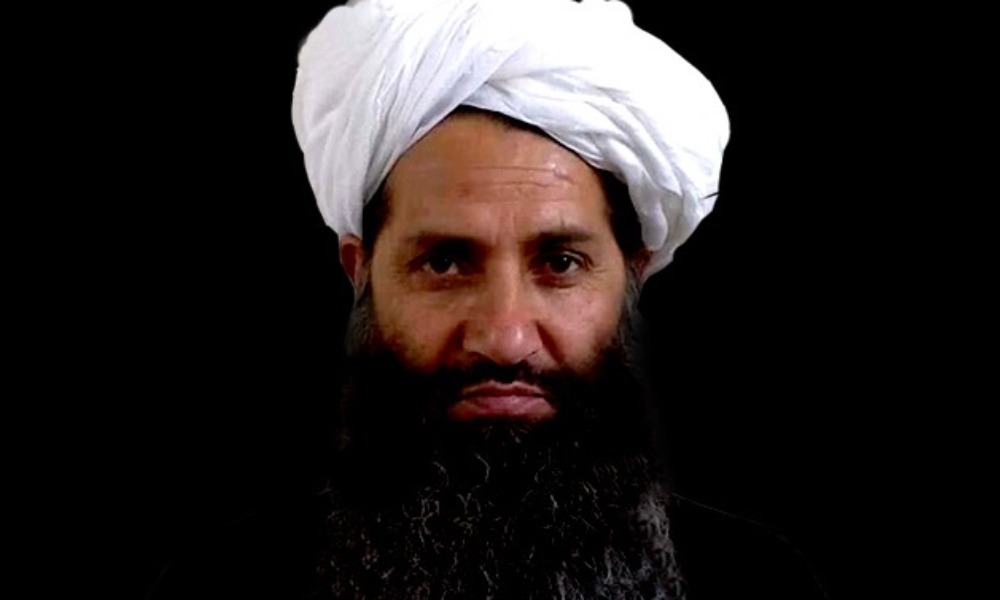
The Supreme Leader of the islamic Emirate of Afghanistan (IEA) Hibatullah Akhundzada has defended public executions and said these are an integral part of Islam.
In a voice clip reportedly taped during a speech at a seminar for Hajj instructors in Kandahar on Saturday, Akhundzada said: “We must carry out disciplinary measures, perform prayers and acts of worship. We must enter Islam completely. Islam is not just limited to a few rituals; it is a comprehensive system of all divine commands.”
Not a single command of Islam should be left unfulfilled, he is heard saying on the voice clip, which was posted to X by the IEA’s spokesman Zabihullah Mujahid.
God had commanded people to pray and to enforce his punishments, said Akhundzada, adding that the IEA did not wage war for power or wealth but rather to “implement Islamic law”. He rejected criticism of the executions.
This comes after widespread condemnation following the execution by firing squad on Friday of four men convicted of murder.
Akhundzada has previously rejected the need for Western laws in Afghanistan.
He said Saturday: “Yesterday, executions were carried out. You saw how much protest was raised in the world, and said that they [IEA] kill people, that they are oppressors, that they terrorize people. They call this terror; they call this against Sharia; but this is a Sharia order to take revenge. One order is to implement the orders of Allah. One order is to impose punishments,” said Akhundzada.
He added that the Islamic Emirate is facing a great test but they will not bargain with the world over Islam, religion, and the Prophet (PBUH).
-

 Sport4 days ago
Sport4 days agoAfghanistan win U-19 cricket series despite rain-impacted loss to Nepal
-
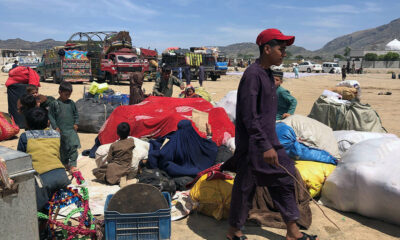
 Latest News5 days ago
Latest News5 days agoPakistan expels thousands of Afghan nationals in fresh drive, says UNHCR
-
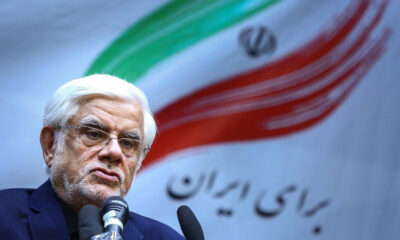
 Latest News5 days ago
Latest News5 days agoIran’s Vice President advocates stronger ties with neighbors, especially Afghanistan
-
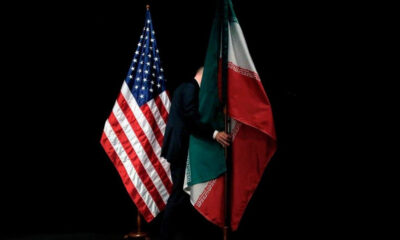
 Regional5 days ago
Regional5 days agoUS energy secretary sees tighter sanctions on Iran without deal
-
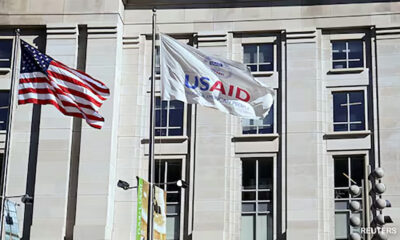
 Latest News5 days ago
Latest News5 days agoTrump administration moves to restore some terminated foreign aid programs, sources say
-
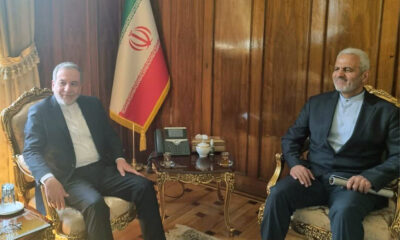
 Latest News5 days ago
Latest News5 days agoBigdeli updates Iran’s FM on current status of bilateral relations with Kabul
-
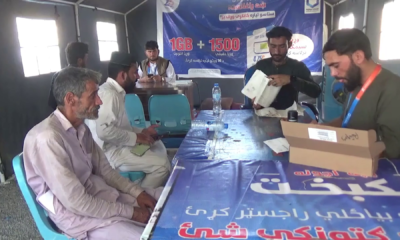
 Latest News4 days ago
Latest News4 days agoAWCC distributes free SIM cards to returning refugees from Pakistan
-

 International Sports5 days ago
International Sports5 days agoIPL 2025: Arya slays CSK for Punjab Kings




